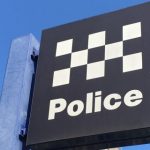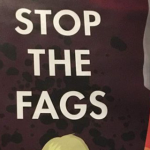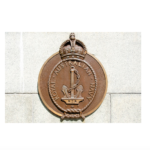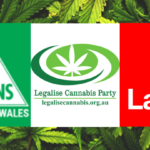‘Killing Off The Beat’, an Exclusive Interview with Serkan Ozturk
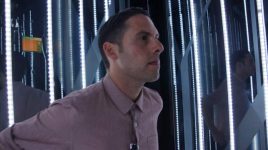
Serkan Ozturk’s first media foray came in 2008, when he engaged in a series of highly-publicised prank emails to 2GB host Chris Smith. Since then, Mr Ozturk, “the only straight guy to write for all the major gaypress” has used journalism to lobby for gay rights, marriage equality and the recent apology to the Mardi Gras 78ers.
His latest project, ‘Killing Off The Beat’, sees him investigating police involvement in a series of gay bashings and murders that took place around Sydney in the 70s and 80s.
Sydney Criminal Lawyers® sat down with Mr Ozturk earlier this week to discuss the project.
So, what is ‘Killing Off The Beat’ about?
It’s a feature length documentary, spanning about 40 years. We’re tracing a dark period of Sydney’s history, and looking at the gay bashings that plagued Sydney in the 1970s, 1980s and early 90s. There are suggestions that police may have been involved in some of these crimes, and a possible cover-up that has since occurred.
With what we’ve been investigating for the film we’ve already found some interesting links. We’re talking about up to 100 potential murders, 30 of which are unsolved.
Killing Off The Beat: Tony Crewes discusses gay beats in Sydney and Bondi
What encouraged you to make the film?
Some of the reporting I’d done previously for the Sydney Star Observer and samesame.com.au. I was the first journalist to break the story of the Mardi Gras bashings in 2013, where young Jamie Jackson was brutally manhandled by a number of police officers. There were a few other stories, there was Alan Rosendale, he was bashed at Surry Hills police station in 1989 and a witness who saw occur has suggested that it was police doing the beating that night. That story was in the Star Observer, and I thought there was more to look into.
There’s simply not enough space in a newspaper these days to investigate serious incidents with layers and layers of possibilities, or devote the research and the time needed for that kind of work. So I left that behind, and decided to make the film. Hopefully people around the world will be able to see it, and make their own conclusions. Even in Australia, people don’t know the whole story of what happened, how many murders there were, or what police did. We’re trying to show the whole totality of it and link it to the present day.
What do you think you’ll be able to expose?
I’m not sure if we’re going to be able to expose any individual police officers or suspects. We’ve certainly got some names, and we’re trying to follow them up and do our best to get some interviews with these people. But more importantly, we want to expose a huge culture of institutional indifference, not just amongst the police but amongst all types of people that police would have liaised with at the time: judges; the court system; the everyman on the street. Back then going out go gay-bashing was a popular past-time. You could meet at a cafe like this and people would have no shame going “I bashed a poofter at Bondi Beach last weekend” and have a laugh about it, and think its normal.
Further, we want to show how these crimes were intergenerational and the police knew about them. It wasn’t just over a number of years, but over a number of decades, and police did absolutely nothing. People have asked me “Why haven’t the police not looked into this more?” “Why have the police done nothing to solve these crimes?” My answer is it’s because the police don’t want to reveal they were at the beats a lot of the times themselves.
We’ve interviewed more than 30 people now: historians; criminologists; victims; friends of victims; family members of victims; politicians; and former police officers. None of them have said we’re crazy. I’d like to hear from the police. We’re hoping to interview senior police later this year.
What’s the reaction been to your film thus far?
We’ve got a lot of support from the grassroots queer community, and a lot of people that lived through these times. We’ve also got a lot of support from people that have been involved in some present day incidents of police brutality. We had a crowdfunder recently and it raised about $3000, that’s helped get post-production started.
I think the police are a bit afraid. I think they’re afraid because they know what it’s going to show. But, they’re mostly afraid because they know it’s going to be close to the truth.
We don’t just have left-wing hippies saying “oh the police have been brutal to us”, we also have people from the liberal party who are alleging police brutality, corruption, and cover-ups. We’re trying to show the whole gamut of the community that’s been affected by their actions, and have some qualms about how policing has happened in the past and in the present.
I was in Parliament last week for the apology to the 78ers. The biggest cheer happened when Alex Greenwich and Jenny Leong mentioned these incidents of police brutality, and how this was deeper than just the violence at the 1978 Mardi Gras and the Kings Cross police. I’m happy to say that over the last two years we’ve played a small role in helping people speak out on these subjects, though it’s taken a while.
While we’ve been doing this more people have been speaking out, that’s all I can ask – for more people to speak out.
For more information about Killing Off The Beat, visit and follow the Facebook page.


